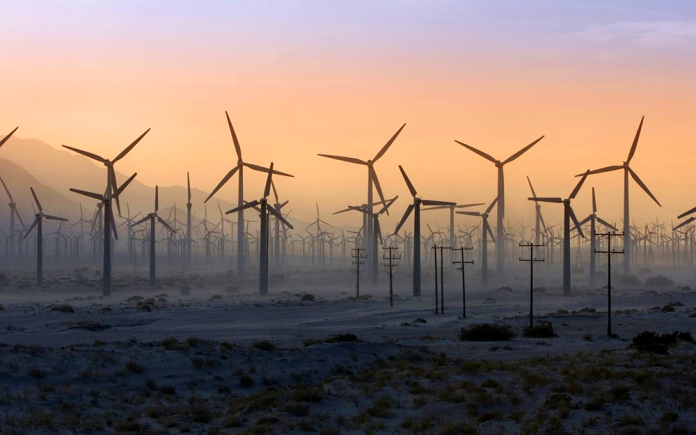
By Fire Chief Sam DiGiovanna
This is the first week of Fall, and with it comes Santa Ana winds!
Though fire season is year-round, Fall typically brings triple-digit temperatures, low humidity and gusty winds bringing high fire danger and red flag warnings reminds Fire Chief Sam DiGiovanna.
What is a Santa Ana?
According to the California-Nevada Climate Applications Program (CNAP), the Santa Ana is a “dry, sometimes hot and dusty wind in southwestern California that blows westward through the canyons toward the coastal areas.” Santa Ana winds can occur during fall, winter and spring, but they tend to peak during October through December.
As firefighters, we dread the Santa Ana’s, and no – not just because they can irritate our allergies or bring on dry skin. The winds don’t cause wildfires; people, accidents, vehicles, and disasters both natural and man-made do. Many times, intentional reminds Fire Chief!
The Santa Ana’s have a particularly devastating history of fanning the flames, creating some of the largest and most destructive fire events in Southern California. In fact, they are sometimes known as the “devil winds.”
It’s not just a Southern California problem. Diablos and Sundowners occur in Central and Northern California. When large wildfires strike, many resources and personnel are called on throughout California and even out of state to help. California has one of the most efficient mutual aid systems in the country. When multiple fires occur, it stretches our resources.
Regardless of where you live, wildfires impact everyone. Resources are dispatched from every city/county in the state. Resources get stretched thin. Air quality is affected, highways get closed, school classes get cancelled, utilities are interrupted, and it cost tax payers millions of dollars to fight these fires.
Here are some tools to help you prepare: https://www.sce.com/outage-center/preparing-for-outages and a map where power outages may be occurring: https://poweroutage.us/area/state/california
Are you prepared? Visit http://www.readyforwildfire.org/Prepare-For-Wildfire/












































